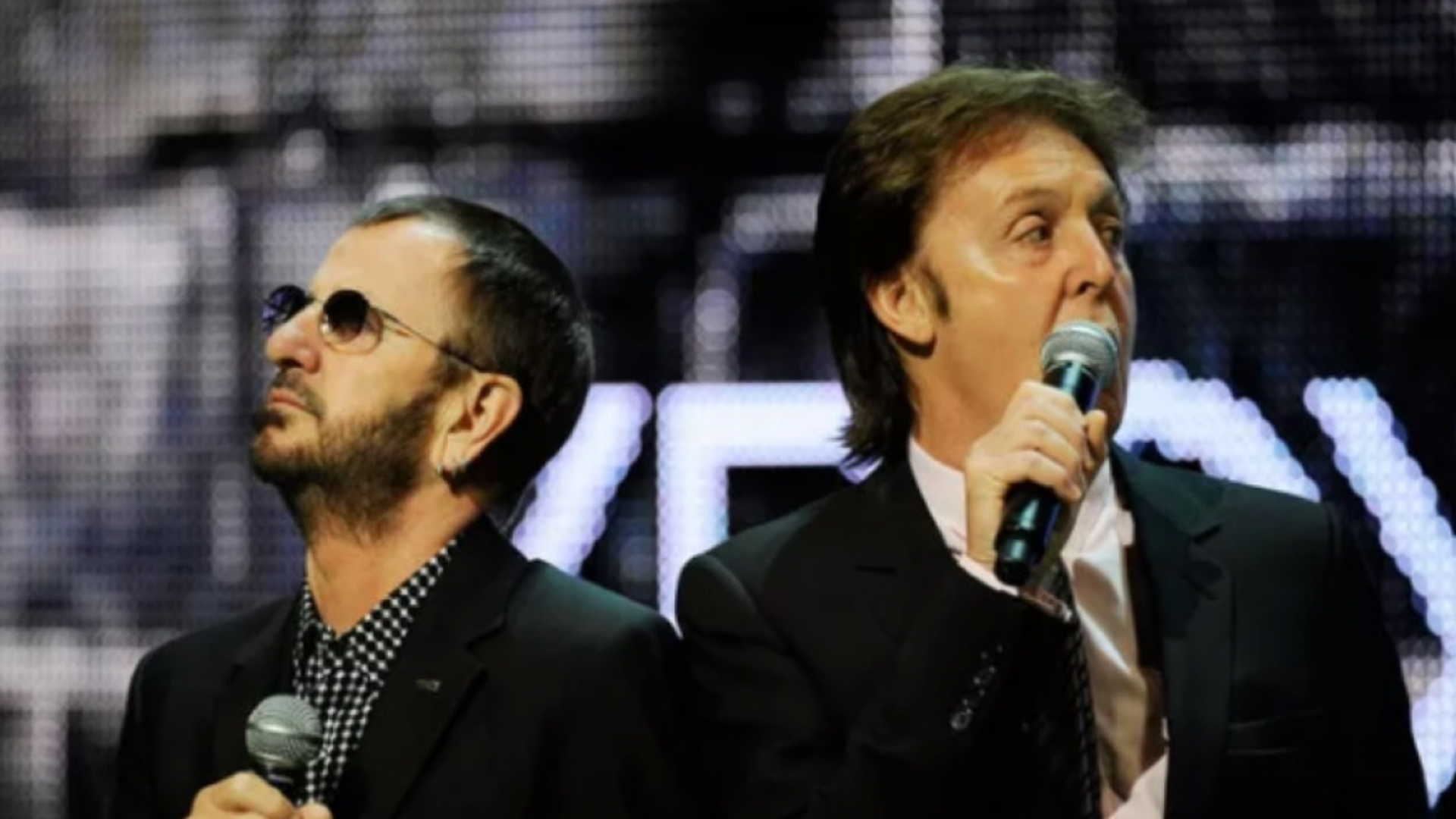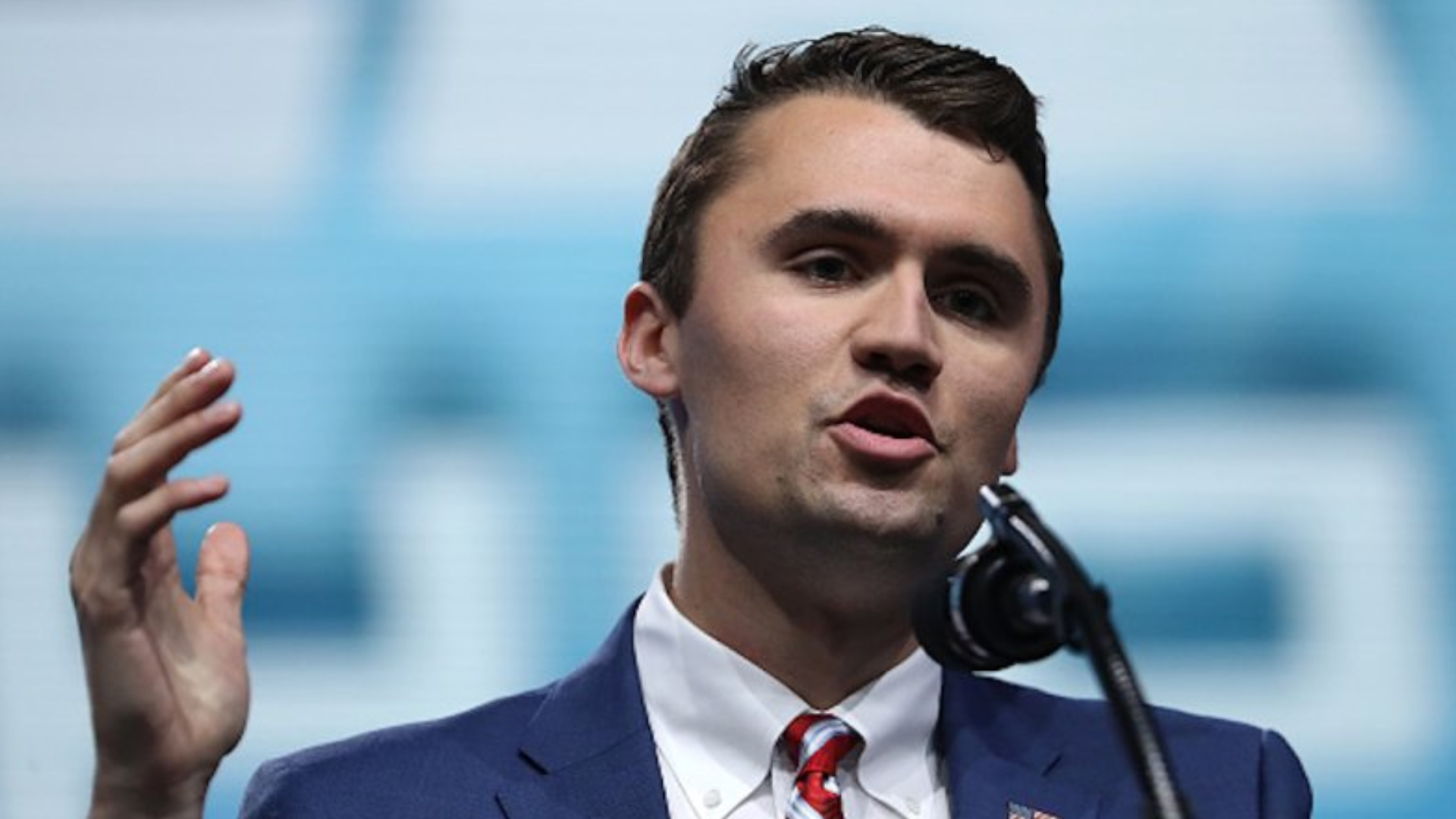
Tucked into the brilliance of Revolver (1966), “I Want to Tell You” is one of George Harrison’s early masterpieces — a song that captures the struggle of expression, the aching gap between thought and speech, love and silence. It’s a theme that feels strikingly modern, yet it was written by a young man just finding his voice alongside Lennon and McCartney.

From its opening piano chord — sharp, unresolved, almost unsettling — the track immediately feels different. That dissonance isn’t accidental; it reflects the very heart of the song, the frustration of not being able to put feelings into words. Harrison’s lyric is direct but painfully human: “I want to tell you, my head is filled with things to say… when you’re here, all those words, they seem to slip away.”
George’s vocal delivery is plain yet sincere, as though he’s confessing rather than performing. There’s no polish in the emotion — just honesty. And surrounding him are the bandmates who elevate his vision: Paul McCartney’s bassline dances with playful fluidity, Ringo Starr’s drumming is steady but full of character, and John Lennon and Paul’s harmonies provide tension and release, echoing the tug-of-war between thought and expression.
Musically, the song balances Eastern influence with pop immediacy. The droning quality of the melody hints at George’s growing fascination with Indian music and philosophy, while still staying rooted in the Beatles’ rock framework. The effect is hypnotic, as if the song itself is caught in the cycle of repeating thoughts.
What makes “I Want to Tell You” remarkable is how it reflects Harrison’s growth. By 1966, he was no longer just the “quiet Beatle” — he was becoming a songwriter of depth, wrestling with themes that reached beyond boy-meets-girl simplicity. Here, he gives voice to something deeply relatable: the universal frustration of being unable to fully express what’s in the heart.
In the end, “I Want to Tell You” may not have the grandeur of “Eleanor Rigby” or the experimental weight of “Tomorrow Never Knows,” but it is one of Revolver’s secret treasures. It’s George Harrison finding his footing as a songwriter, giving us not just melody, but the honesty of human hesitation. And in that honesty, he created something timeless.